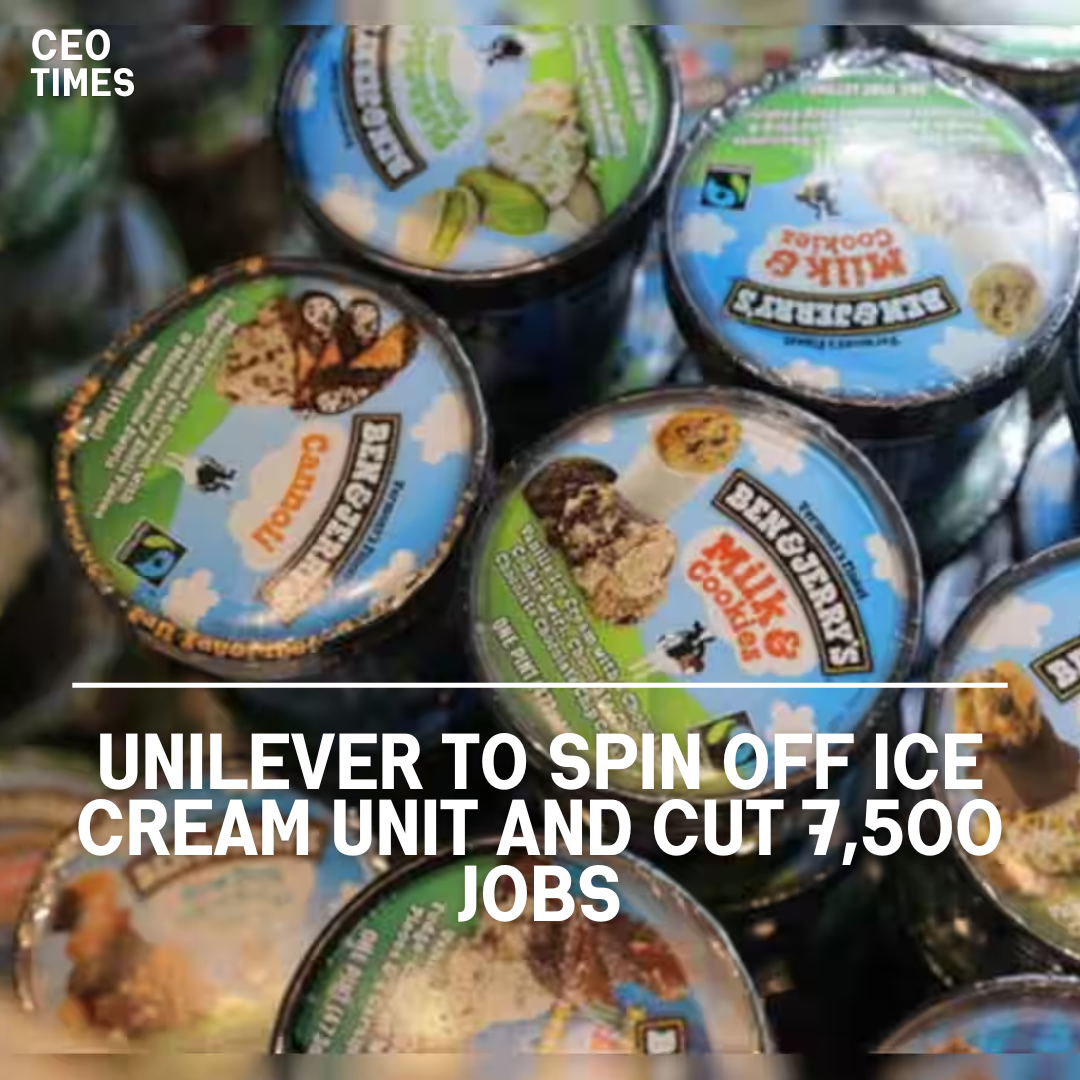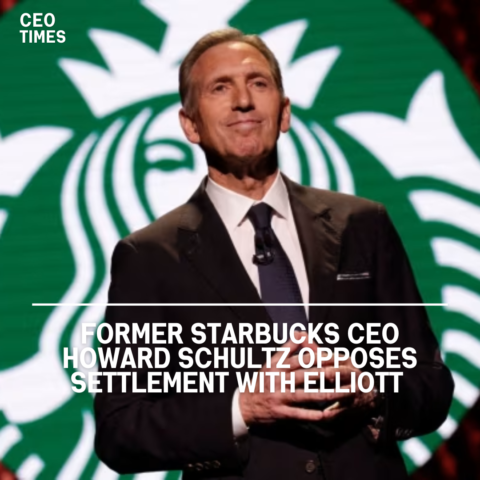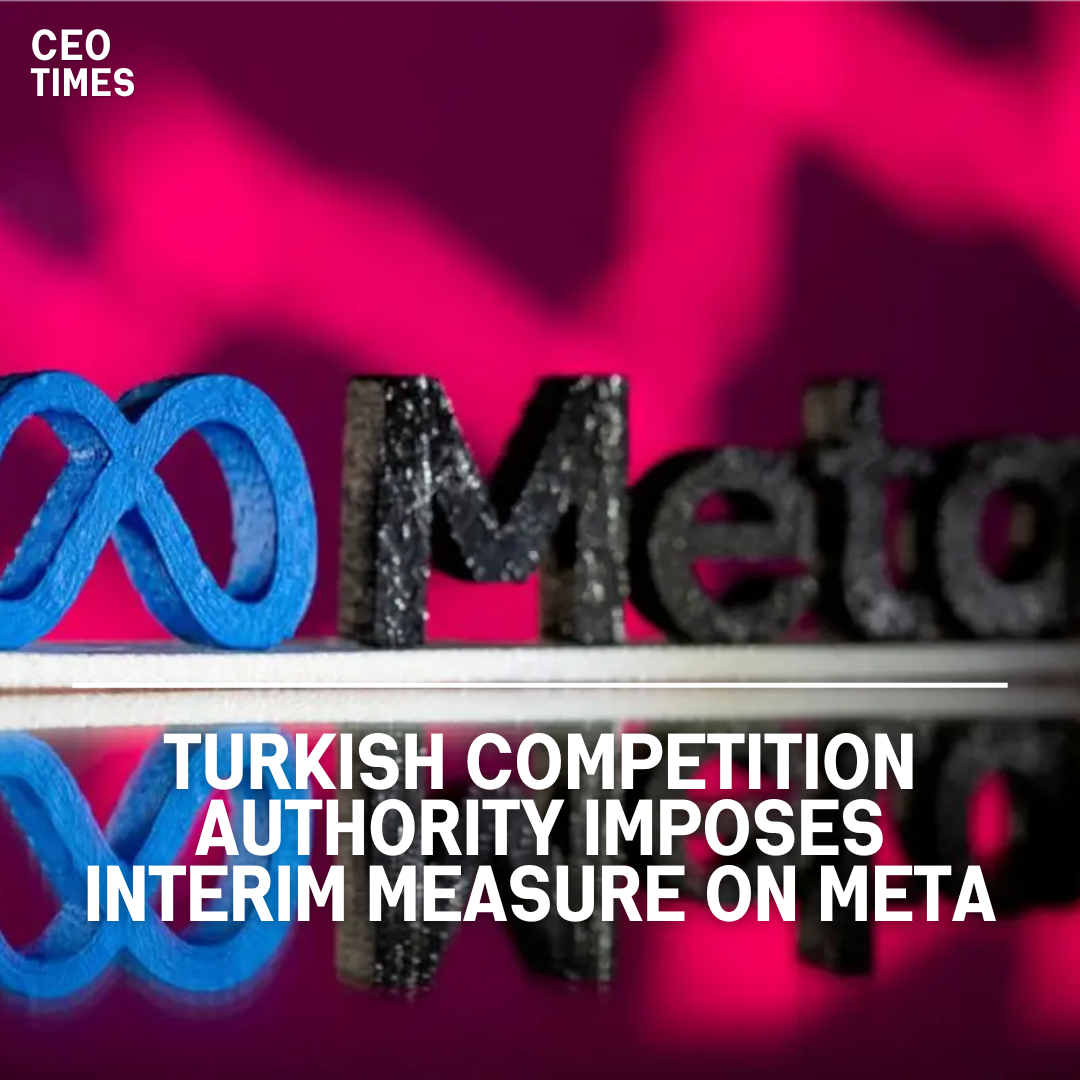Unilever, a global consumer goods giant, announced on Tuesday its plans to spin off its ice cream unit, which includes renowned brands like Magnum and Ben & Jerry’s.
The company also unveiled a cost-savings program that slashes 7,500 jobs worldwide. The move aims to streamline operations, boost profitability, and enhance shareholder value.
Investor Response and Market Reaction:
Investors welcomed the news, with Unilever’s shares surging nearly 6% in early trading. This positive response underscores confidence in the company’s strategic direction and potential for improved financial performance.
The spinoff of the ice cream business will commence immediately and is expected to be finalized by the end of 2025. While the unit is transitioning to a separate head office in Amsterdam, Unilever CEO Hein Schumacher expressed openness to various listing options for the business.
The plan received backing from activist investor Nelson Peltz’s fund and Unilever shareholder Aviva. Peltz’s involvement underscores the alignment of strategic initiatives with long-term stakeholder value creation.
Financial Targets and Cost-Saving Measures:
Post-spinoff, Unilever aims to achieve mid-single-digit underlying sales growth and modest margin improvement.
The company also launched a cost-saving program targeting approximately 800 million euros over the next three years. This initiative includes streamlining operations and reducing workforce-related expenses.
The restructuring efforts will affect around 7,500 jobs globally, primarily office-based roles. Unilever expects total restructuring costs to amount to approximately 1.2% of overall turnover during the specified period.
These changes represent approximately 5.9% of Unilever’s approximately 128,000 employees.
Strategic Rationale and Leadership Vision:
CEO Hein Schumacher’s leadership underscores a commitment to simplifying Unilever’s business operations and refocusing on core strengths. The move aligns with Schumacher’s previous strategy to streamline the company’s portfolio and enhance operational efficiency.
Market analysts view the spinoff positively, citing the ice cream business’s volatility and margin dilution as factors contributing to the strategic rationale. Focusing on critical brands and margin improvement initiatives will drive long-term shareholder value.
Future Outlook and Execution Plans:
Unilever remains committed to executing its strategic agenda, which includes prioritizing key brands, optimizing gross margins, and refraining from major acquisitions.
CEO Hein Schumacher emphasized the company’s busy agenda for the upcoming months, signaling a period of intense focus and execution.




















